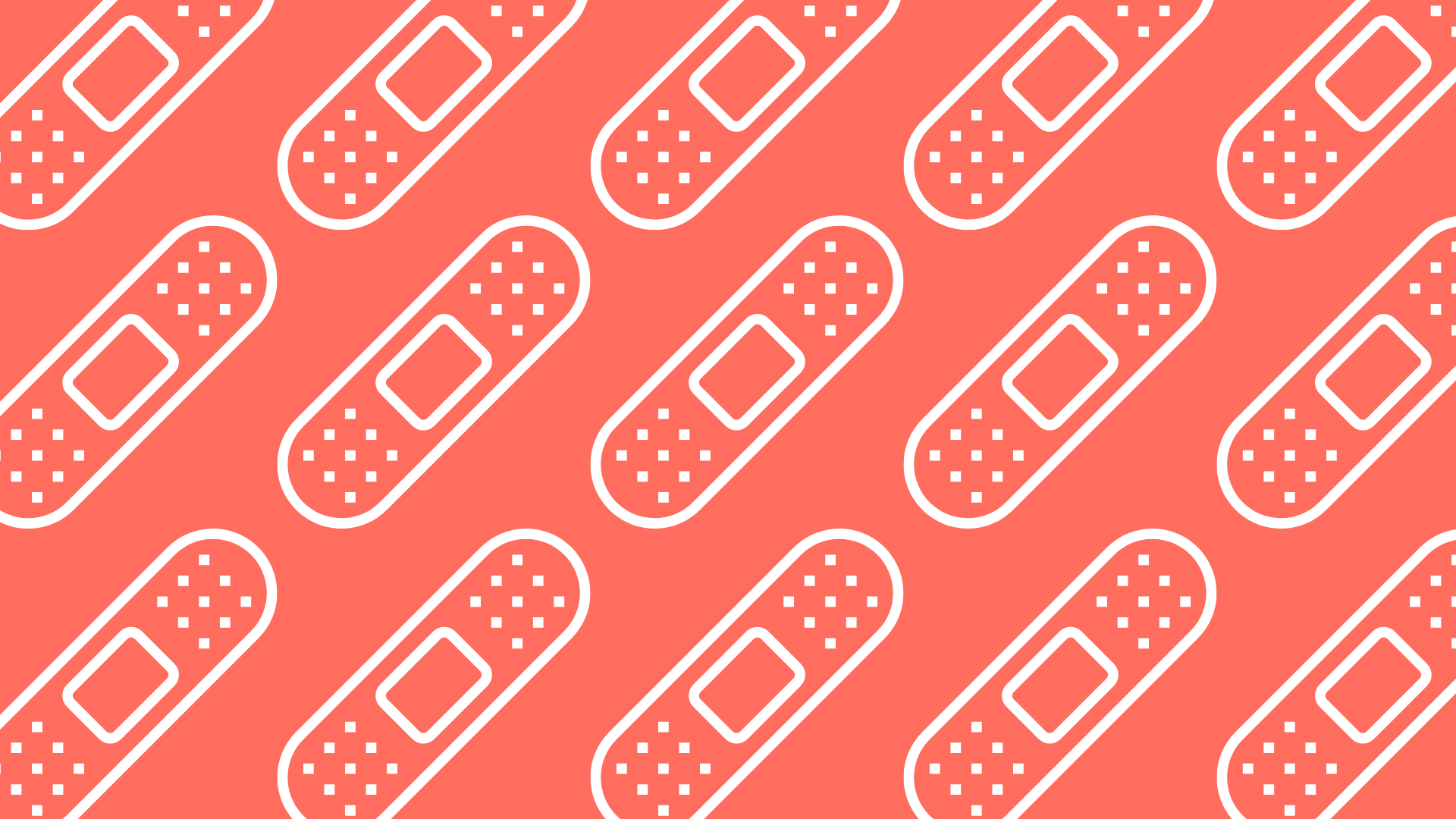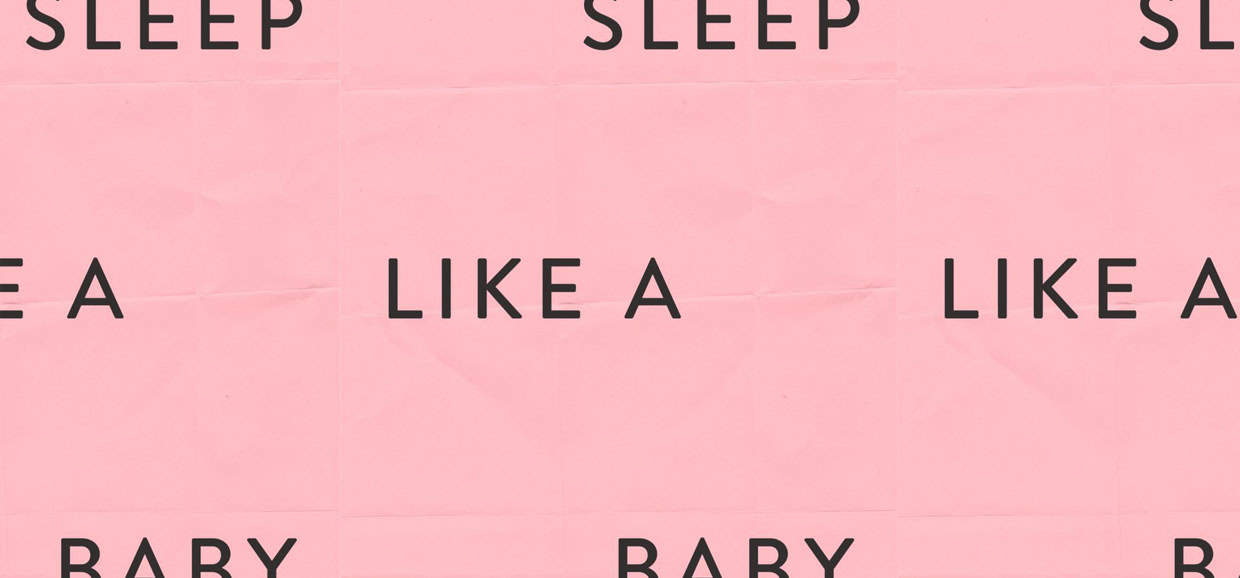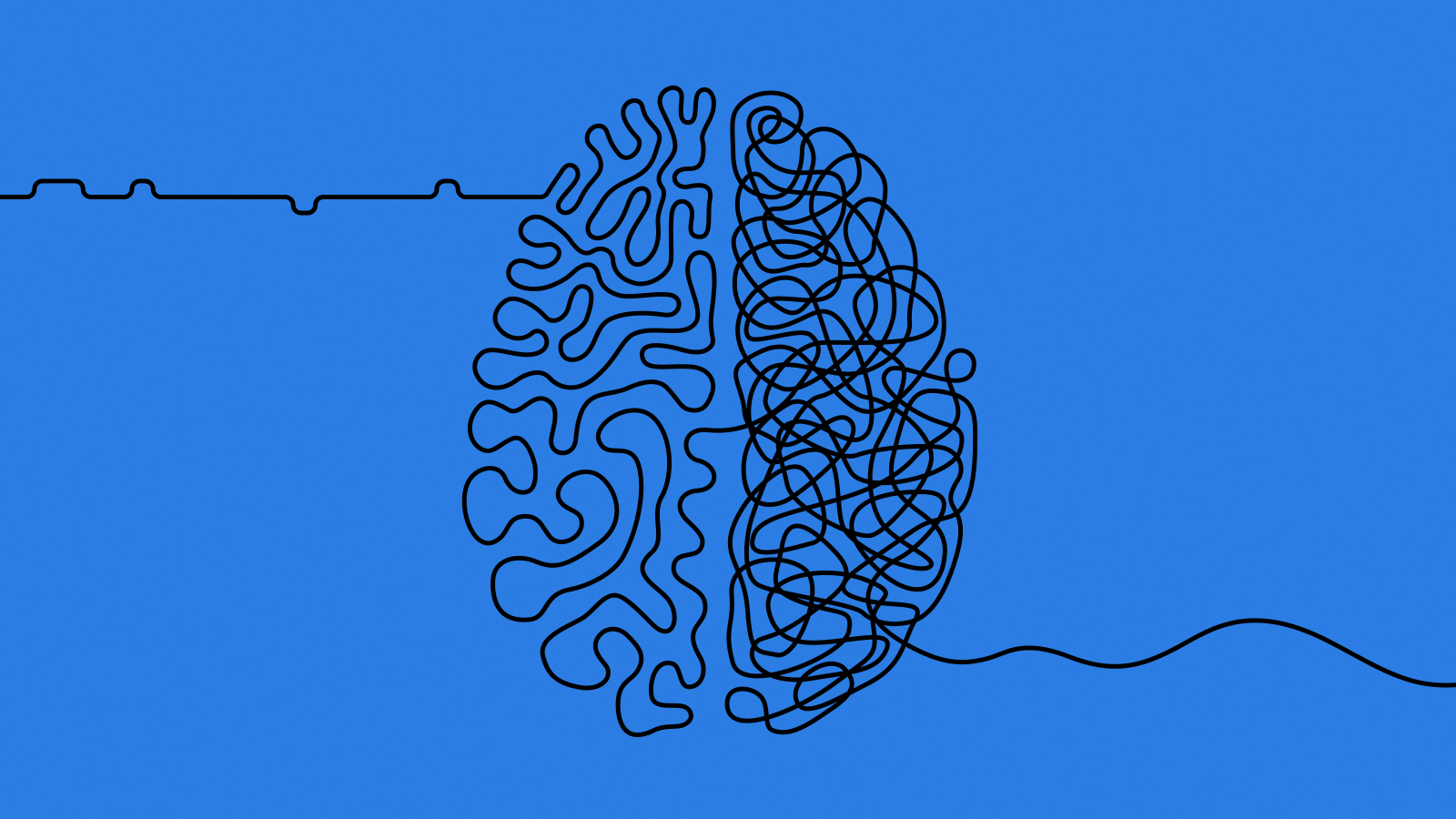
All of us, at one point have been worried about our health. With health anxiety varying from feeling like a minor inconvenience – an irritating buzzing fly we can mostly tune out – to becoming an overwhelming and constant fear that interrupts our daily life. We partnered with CoppaFeel! to create this guide in the hope that it will help our communities tackle those anxieties and allow you to feel a little more in control of your bodies and minds.
Health Anxiety Definition
Health anxiety is when you spend so much time worrying you’re ill, or about getting ill, that it starts to take over your life. It can be related to obsessive compulsive disorder (OCD) and generalised anxiety disorder.
Signs to look out for:
- Constantly worry about your health.
- Frequently check your body for signs of illness, such as lumps, tingling or pain (CoppaFeel! recommend checking once a month).
- Are always asking people for reassurance that you’re not ill.
- Worry that a doctor or medical tests may have missed something.
- Obsessively look at health information on the internet or in the media.
- Avoid anything to do with serious illness, such as medical TV programmes.
- Act as if you were ill (for example, avoiding physical activities).
- Anxiety itself can cause symptoms like headaches or a racing heartbeat, and you may mistake these for signs of illness.
Our guide to tackling health anxiety is below.
A little exposure goes a long way
When we’re feeling anxious about our health we have a tendency to wrap ourselves in bubble wrap to keep safe, often withdrawing from social situations and hobbies. As hard as it may feel, it’s important that you try to push yourself outside of your ‘safe’ zone.
What is the easiest ‘unsafe’ thing you could do today? Start there and set some manageable goals, taking small steps forward. On a piece of paper write 1-10 down the page. For number 10, write your goal, it might feel outlandish and terrifying but that’s the point. Write backwards from 10 things that feel less scary until you get to number 1, this will be your first stop. If you need to do 1-20, that’s fine too.
Speak to a professional
Health anxiety tends to fall into two camps and we often ping pong between them: we either stick our head in the sand, leaving the anxiety to buzz around in our heads with no outlet until it melts into other areas of our life, or, we book in to see our doctor a lot. If this sounds like you, it might be worth bringing up the health anxiety to your doctor as they will be able to advise and refer on.
…And block Dr Google
It’s easy for us to say ‘don’t Google your symptoms’ but we know it’s a lot trickier than that. At times of real anxiety when we don’t quite feel like we’re at the wheel, our brain isn’t looking for a rational explanation of our symptoms, it’s more likely to pick up on the opposite. That temporary boost of endorphins that will come from ‘taking control’ and entering a Google spiral will soon wither into anxiety. You’re essentially feeding your fear.
When the urge to Google arises, have some distractions ready. An audiobook works great at night, sudoku puzzles or mobile games are brilliant for daytime distractions. Have a thing about what would work for you? Do you have any hobbies that allow you to completely switch off? A favourite author or TV show that makes you laugh or feel comforted?
Tap into your inner Sherlock
If your worries persist, keeping a symptom journal is a great first step in getting to the bottom of what’s going on. Maybe you realise that you’re getting a sore tummy before going out socially, or your head aches crop up when you feel overwhelmed and stressed at work. If there is a common denominator, it could be that these aches and pains are actually symptoms of a social anxiety or stress.
The phrase psychosomatic is thrown around a lot when we talk about health anxiety, it’s a way of dismissing how someone is feeling without really thinking that deeply about why they might be feeling that way. If your symptoms are brought on from stress or anxiety, they are still real symptoms and you still deserve to be taken seriously as a patient.
If you’ve noticed an unusual change to your chest, make a note when it first appeared. Monitor it and contact your doctor if you are still concerned.
Beware of misinformation
As much as we want to believe that humans are inherently good, there are some dodgy creators all over social platforms that spread untruths and misinformation about mental health, physical health and general wellness. When you see someone spouting opinions as facts, ask yourself ‘What is their authority? Do they have accreditations? What do their peers say about them? Could I find real information elsewhere?’.
A new study has reviewed the accuracy of TikTok content related to ADHD and found that over 50% of the top videos contained misinformation (Yeung et al 2022). Keep that statistic in mind when you are scrolling through TikTok and social media, try to be present and notice what information you are consuming.
Get to know your body
If you’ve noticed an unusual change to your chest or body – there’s no need to panic. Our bodies change, and if you’ve noted something different, it’s a good sign that you know your own normal. There are lots of reasons why you might have changes to your chest or body & most changes are natural and harmless. 9 out of 10 people who are referred to the breast clinic are not given a cancer diagnosis. However, if you have concerns, it’s important you contact your doctor (not google) as soon as possible. We’d definitely recommend using the CoppaFeel! Self Checkout as a brilliant way of getting to know your version of normal.
Similarly, if you ovulate try to notice if that dastardly headache that puts you on the floor is showing up at the same time every month. Is there a particular grief anniversary that your body remembers that your mind doesn’t? Getting to know your version of normal and the regular and irregular rhythm’s of your body and mind are a great way of noticing when something is truly off.




